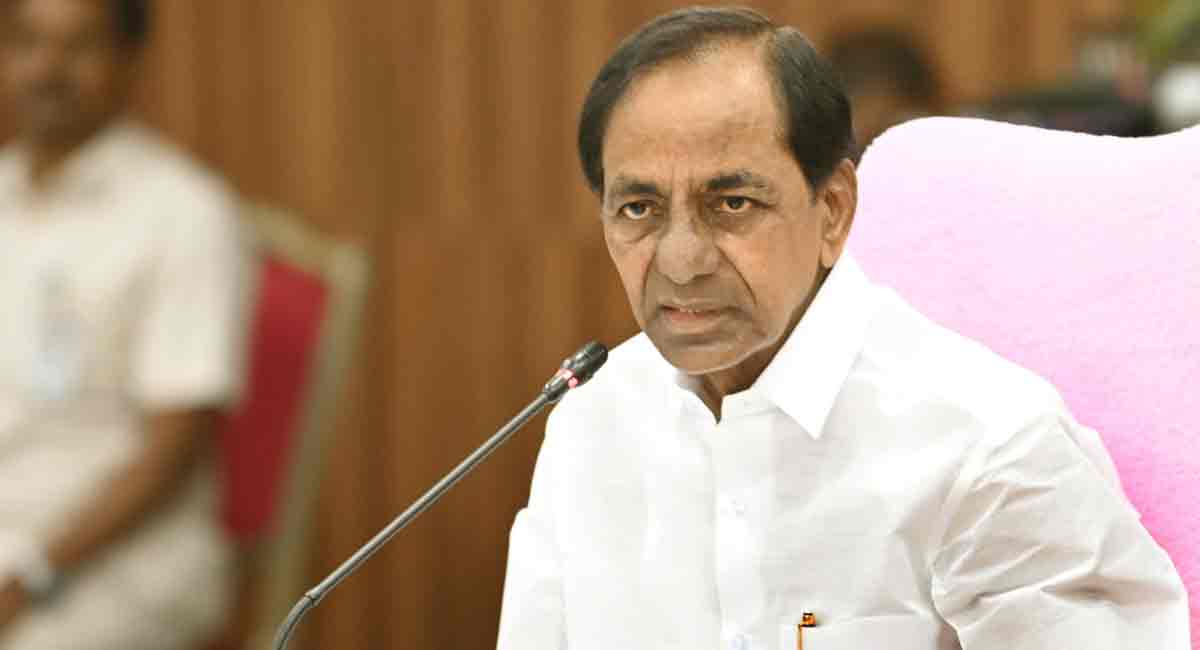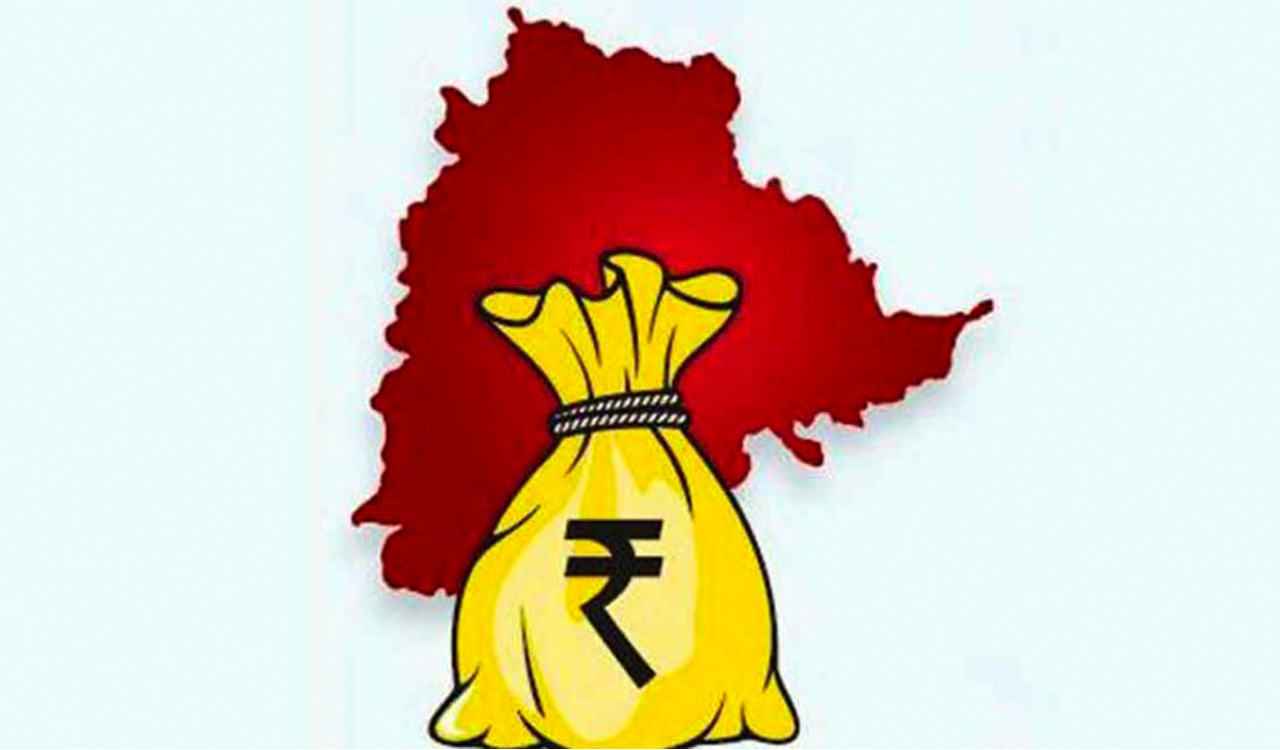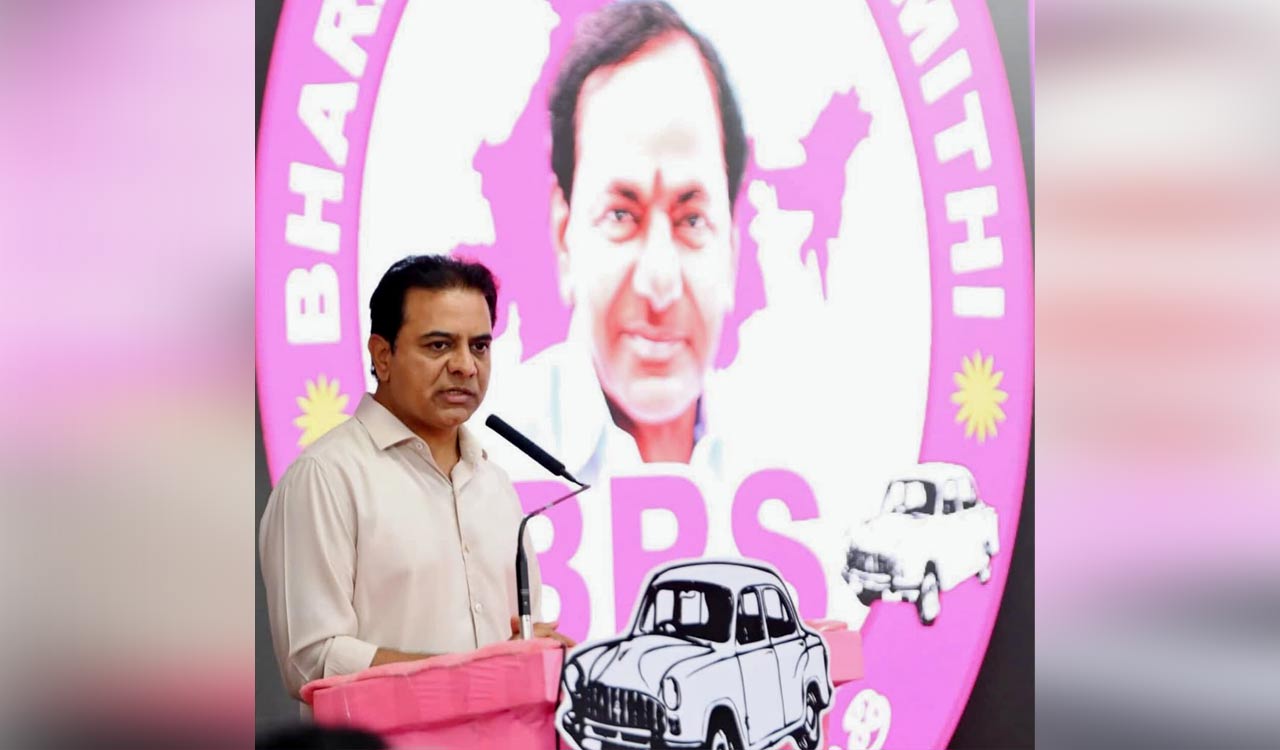Telangana among seven states adjudged as ‘Top Achievers’ in Business Reforms Action Plan
Hyderabad: Telangana has been adjudged by the Centre as one of the seven States categorised as “Top Achievers” in implementation of Business Reforms Action Plan (BRAP) 2020. The other six states in the Top Achievers category are Andhra Pradesh, Gujarat, Haryana, Karnataka, Punjab and Tamil Nadu. Six other States, Himachal Pradesh, Madhya Pradesh, Maharashtra, Odisha, […]

Hyderabad: Telangana has been adjudged by the Centre as one of the seven States categorised as “Top Achievers” in implementation of Business Reforms Action Plan (BRAP) 2020.
The other six states in the Top Achievers category are Andhra Pradesh, Gujarat, Haryana, Karnataka, Punjab and Tamil Nadu. Six other States, Himachal Pradesh, Madhya Pradesh, Maharashtra, Odisha, Uttarakhand and Uttar Pradesh figured under the “Achievers” category.
Assam, Chhattisgarh, Goa, Jharkhand, Kerala, Rajasthan and West Bengal have been placed in the “Aspirers” category, while Andaman & Nicobar, Bihar, Chandigarh, Daman & Diu, Dadra & Nagar Haveli, Delhi, Jammu & Kashmir, Manipur, Meghalaya, Nagaland, Puducherry and Tripura have been clubbed under the “Emerging Business Ecosystems” category.
In a departure from the previous years, where States/UTs were ranked, this year they have been placed under the four categories viz. Top Achievers, Achievers, Aspirers and Emerging Business Ecosystems.
The Centre maintained taht the objective of assessing the States/UTs was not to create a hierarchy amongst States/UTs but to rather create an enabling framework wherein learnings can be shared amongst States/UTs which in turn will lead to a nationwide spill over of good practices. The assessment gives full weightage to the feedback obtained from actual users/respondents at the ground level, who provided their feedback about the effective implementation of reforms.
The categorisation of states under the fifth edition of the BRAP was unveiled by the Finance Minsiter Nirmala Sitharaman in New Delhi on Thursday.
The BRAP 2020 included 301 reform points covering 15 business regulatory areas such as Access to Information, Single Window System, Labour, Environment, Land Administration & Transfer of Land and Property, Utility Permits and others. 118 new reforms were included to further augment the reform process. Sectoral reforms with 72 action points spread across nine sectors namely Trade License, Healthcare, Legal Metrology, Cinema Halls, Hospitality, Fire NOC, Telecom, Movie Shooting and Tourism were introduced for the first time to expand the scope of reform agenda.
The broader aim was to boost investor confidence, foster business friendly climate and augment Ease of Doing Business across the country by introducing an element of healthy competition through a system of assessing states based on their performance in the implementation of Business Reforms Action Plan.
Speaking after release of assessment report, Sitharaman said that the nature of reforms had undergone change since 1991. “The reforms now taking place are responsive reforms. Unlike the reforms of 1991, which were given to us for implementation, there is no compulsion now. The objective is to see what will bring out improvement in systems and ensure better lives for us. An element of nudge has been brought into every layer of the government. Nudging can not be by the government only and the industry has a big role to play there,” the Finance Minister said.
The Finance Minister appreciated the changes brought in the assessment framework of implementation under the Business Reforms Action Plan over years.
Speaking at the event, Commerce and Industry Minister Piyush Goyal said the assessment has evolved from evidence-based to 100% feedback in multilingual format. He said that the purpose of this BRAP exercise was to infuse a culture of learning from each other’s best practices and improve upon the business climate in each State/UT with a unified objective for India to emerge as a most favoured Investment Destination across the globe
“The process started in 2014 has started bearing fruit as we go along. Rather than ease of doing business being limited to a few areas, few cities and few businesses, we are seeing it being reflected across the country through the spirit of competitive federalism and also of collaboration”, Goyal added.
DPIIT since 2014 has been assessing States/UTs based on their performance in implementation of prescribed reforms in Business Reforms Action Plan (BRAP) exercise. Till date, assessment of States/UTs have been released for the years 2015, 2016, 2017-18 and 2019.
Related News
-
Forest official booked for teak timber smuggling in Kumram Bheem Asifabad
2 mins ago -
Rahul Gandhi furnishes new surety in Bhiwandi court in RSS defamation case
12 mins ago -
Delhi on high alert: Security tightened at Red Fort, religious sites after terror threat inputs
32 mins ago -
Cartoon Today on February 21, 2026
1 hour ago -
Mobile phones destroyed in fire in store in Kukatpally
1 hour ago -
Son of Indian immigrants leads case overturning Trump tariff order
1 hour ago -
AI and hologram technology bring Lord Krishna and Arjuna to life at Delhi summit
2 hours ago -
US trade deficit widens in December; India gap hits $58.2 billion
2 hours ago




